Rare GLOCK G17 Gen 1 Brings High Price
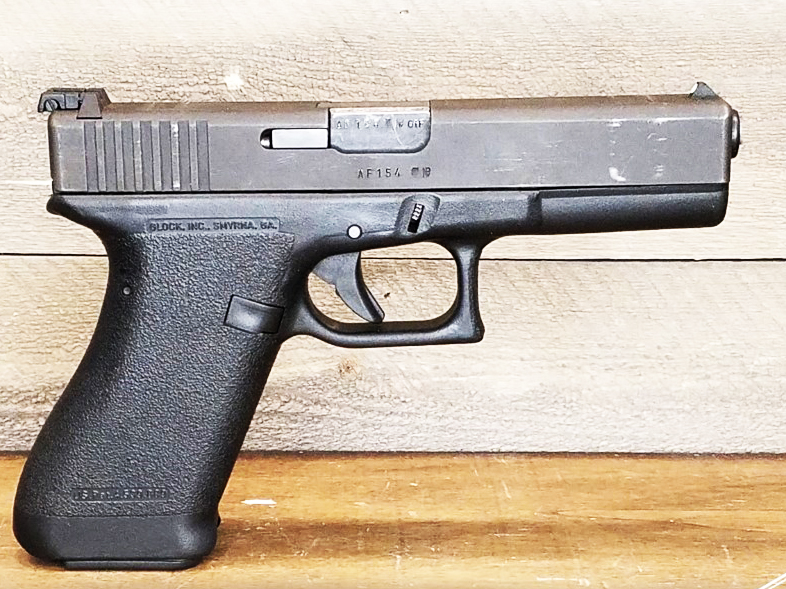
GLOCK pistols can bring up emotions in shooters. These are workhorse guns that many shooters either love or hate. Regardless, while everyone knows the name GLOCK, few would consider these guns to be collector items.
However, that is changing quickly, with early models commanding high prices. In fact, a GLOCK G17 Gen 1 recently sold for more than $5,500 on GunBroker.com. Others have listed for over $1,000, more than three times the original price.
These early, Gen 1 models are often called “Pencil Barrel” GLOCKs because the original pistols came with thinner barrels than the guns of today. They also came with a two-piece guide rod, non-captured spring assembly and a fairly smooth textured grip frame that went all around the grip. The U-notch magazines were not metal lined, nor did they drop free when released. These pistols even came with a two-piece plastic case known as a “Tupperware” box, which has actually become quite difficult to find.
5K GLOCK G17 Gen 1
There are a few reasons this GLOCK G17 Gen1 sold for this price, according to Robert Sadowski, Glock Collectors Association secretary/treasurer. It was part of the first batch of pistols shipped to the U.S. for sale in 1986, as shown by its serial number, AF 154.
That means it was made when the barrels were thinner. That era didn’t last very long, as GLOCK made quite a few adjustments in the design from shooter feedback. So, there aren’t that many of these pistols. Around 1,000 of these were sent. However, Sadowski claims it was a couple of other factors that drove the price up.
“Original packaging,” said Sadowski. “This gun was hardly used and came in the original Tupperware box. It even has the egg crate with it that the ATF told GLOCK that it needed to change.”
GunBroker.com Product Spotlight Videos: GLOCK Pistols
Many shooters, even die-hard GLOCK fans, didn’t know that GLOCK pistols originally came in a storage box that held the pistol, spare magazine, cleaning rod and brush, along with a section called an “egg crate” that held 17 rounds.
It even had a post, with a hole in the middle, that fit inside the triggerguard. That hole was designed to have a secured pole run through it for locked storage. However, the ATF saw the post as a safety issue and had GLOCK remove it.
This pistol comes with its original box, as shown by the white sticker with the gun serial number. This is extremely rare, as most “Pencil” GLOCKs come with a storage box from that time period, but not the actual Tupperware box. They typically come with the redesigned box that was included with later batches. Having the original packaging greatly increases the value of these guns.
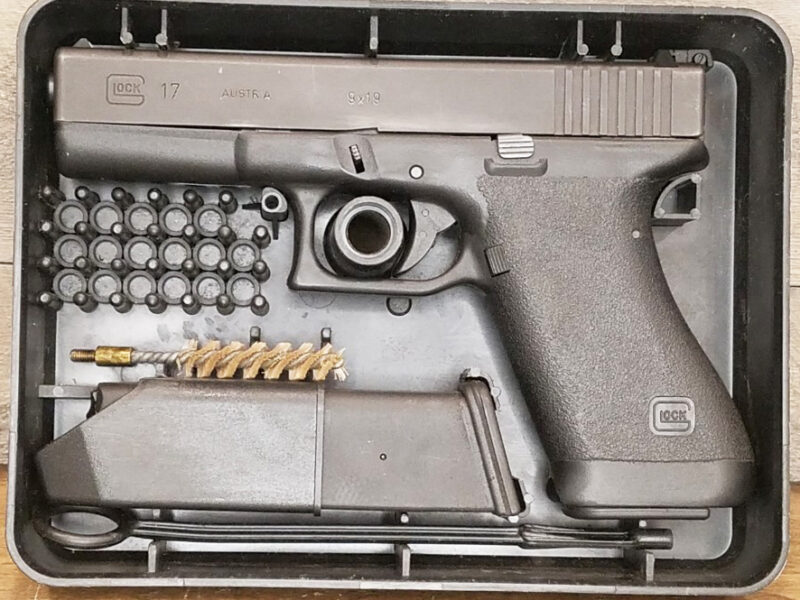
GLOCK Collectibles & Grail Guns
There are more collectible GLOCK pistols than most realize. Pretty much all Gen 1 G17s and G19s are highly desirable by collectors. This is especially true of the Gen 1 G19s, as the Gen 2 pistols came out quickly after the introduction of the G19, which revolutionized concealed carry, says Sadowski. Many of the Gen 1 G19s were returned to GLOCK and destroyed, so it is believed only 25 examples remain, with about half in private hands.
Another rare GLOCK is the G17L Gen 1. Designed for competition, the G17L was interchangeable with the G17 frame and internal parts. Only the slide and barrel were longer at 6 inches. There are even a few ported Gen 1 G17L pistols, but not many as these pistols were prone to cracking.
GLOCK has even produced quite a few limited edition pistols, many of which are sought after by collectors. Some of these contain engraving and gold inlay, with many commemorating specific events, such as Desert Storm, the 96 Olympics and even 9/11.
However, the hardest GLOCK to obtain, the Holy Grail according to Sadowski, is known as the AN pistol. These were the very first GLOCK pistols sent to the U.S. And all five went to the ATF for evaluation in 1985.
Now, GLOCK might not be the first brand to come to mind regarding collectability. GLOCK makes using guns for patrol, concealed-carry and self-defense. GLOCK pistols are known for going bang every time the trigger is pulled. And anyone like them or not, some of them can now be called collectors.

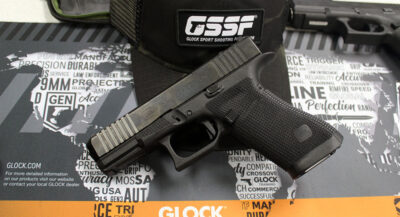
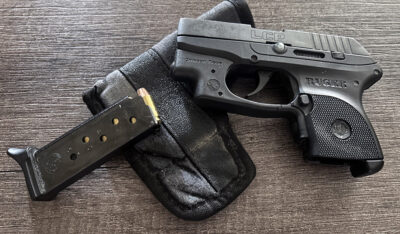




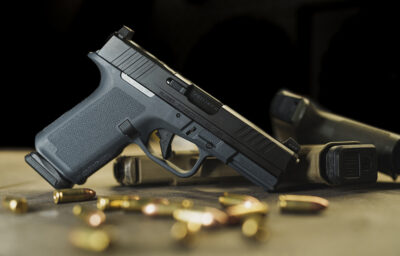
![New Taurus GX2 9mm: An Affordable Entry Level Carry Pistol [Video]](https://content.gunbroker.com/wp-content/uploads/2025/02/new-Taurus-GX2-9mm-striker-fired-gunbroker-featured-400x267.jpg)
![Features of the New Bersa M2XI Double Stack 9mm [Video]](https://content.gunbroker.com/wp-content/uploads/2025/02/Bersa_M2XI-double-stack-featured-1-400x267.jpg)
![New Custom Desert Eagle & 1911 Pistols by Kahr Arms: Exclusive Collection [Video]](https://content.gunbroker.com/wp-content/uploads/2025/03/Kahr-Arms-Desert-Eagle-1911-Custom-Guns-Featured-400x267.jpg)
![New Cabot Guns Custom Handguns: Insurrection, Serenity Max Double Stack & Vintage Classic [Video]](https://content.gunbroker.com/wp-content/uploads/2025/04/Cabots-Guns-Featured-400x267.jpg)